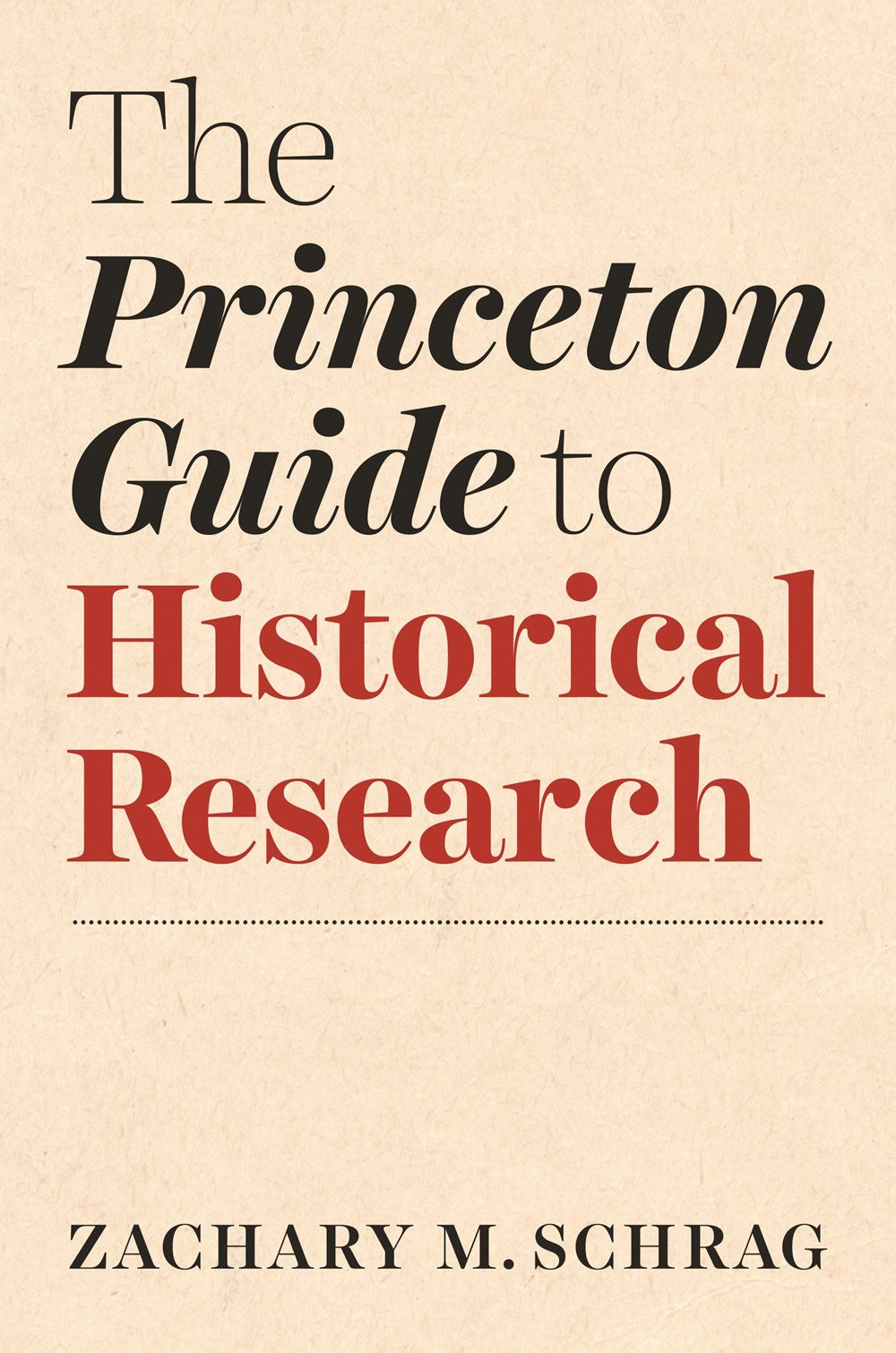Description
Unlock the mysteries of the past with *The Princeton Guide to Historical Research*, the essential resource for both budding historians and seasoned scholars. This comprehensive handbook is specifically designed to equip students and professionals with the critical skills needed to navigate the complexities of historical research in the digital age. Authored by esteemed historian Zachary Schrag, this guide emphasizes the importance of asking insightful questions and systematically leads you through the entire historical research process—from selecting and narrowing your topic to sourcing, note-taking, and effectively presenting your findings.
In today’s fast-paced world, understanding the digital landscape is crucial. The *Princeton Guide to Historical Research* expertly bridges the gap between traditional research methods and the latest digital technologies, showcasing how historians can leverage the internet’s vast resources alongside established archival techniques. The book offers an extensive library of examples covering a variety of historical topics, equipping researchers of all skill levels with practical strategies to extract valuable insights.
Additionally, readers will learn how to critically analyze diverse materials, from government documents and newspapers to unpublished manuscripts and interviews. Discover the art of crafting compelling narratives supported by rigorous evidence, and find inspiration from the age-old techniques that have defined scholarship for generations. Whether you are a novice starting your academic journey or a seasoned researcher looking for fresh perspectives, *The Princeton Guide to Historical Research* is your indispensable companion in the pursuit of historical knowledge.
In today’s fast-paced world, understanding the digital landscape is crucial. The *Princeton Guide to Historical Research* expertly bridges the gap between traditional research methods and the latest digital technologies, showcasing how historians can leverage the internet’s vast resources alongside established archival techniques. The book offers an extensive library of examples covering a variety of historical topics, equipping researchers of all skill levels with practical strategies to extract valuable insights.
Additionally, readers will learn how to critically analyze diverse materials, from government documents and newspapers to unpublished manuscripts and interviews. Discover the art of crafting compelling narratives supported by rigorous evidence, and find inspiration from the age-old techniques that have defined scholarship for generations. Whether you are a novice starting your academic journey or a seasoned researcher looking for fresh perspectives, *The Princeton Guide to Historical Research* is your indispensable companion in the pursuit of historical knowledge.

